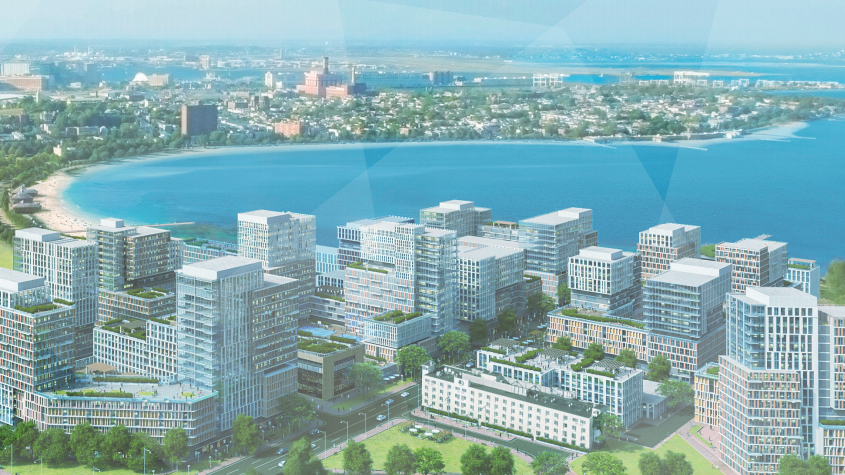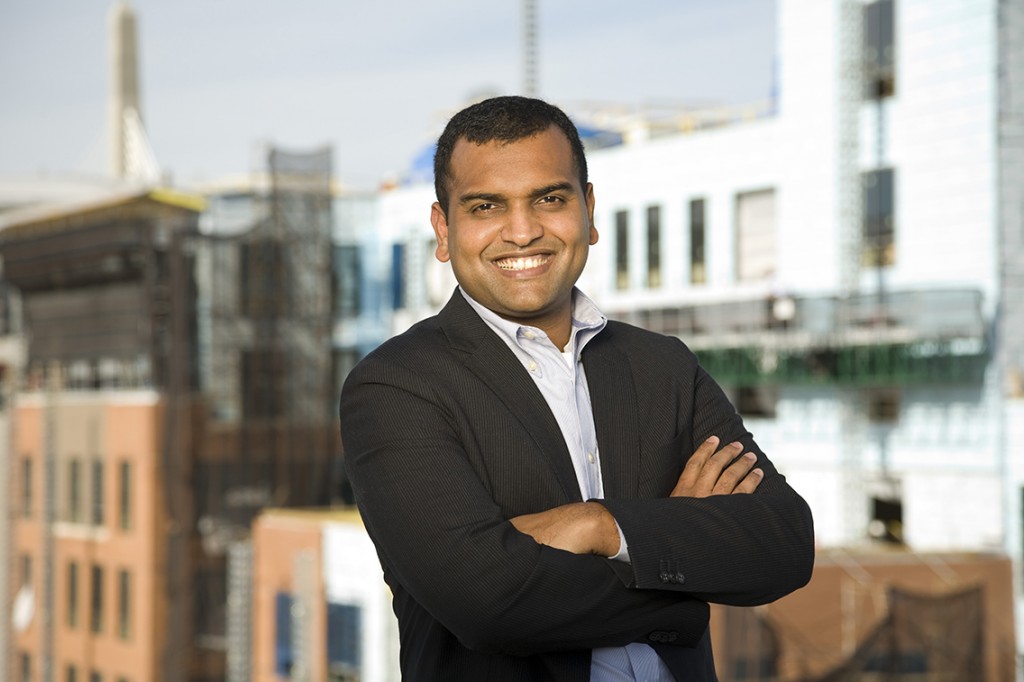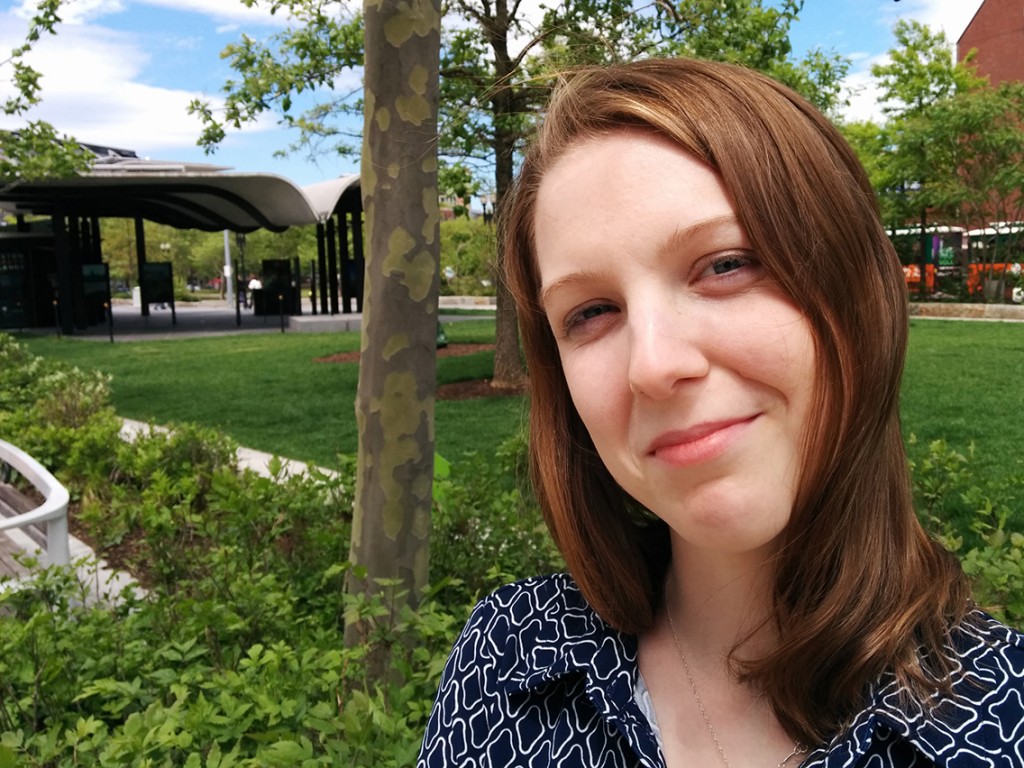Kishore Varanasi is an urban designer, strategist, innovator, teacher and writer with over 15 years experience.. His influential work in both the public and private sectors has shaped countless cities and communities locally, nationally and internationally. Kishore holds a M.S. in Urbanism from the Massachusetts Institute of Technology, a M.Arch from University of Illinois at Urbana-Champaign and a B.Arch from the School of Architecture and Planning at Hyderabad, India. He was a member of the Boston 2024 Senior Advisory Council.
Julia McElhinney‘s work explores the many ways in which thoughtful urban planning and design can connect community members more closely to one another and the natural environment. With a strong interest in community-building and sustainability, Julia focuses on fostering community conversation and collaboration through the built environment. She holds a B.A.in Environmental Studies from Dartmouth College.

For decades Boston has lacked a cohesive long-term vision for our city’s growth and urban development. In fact, we have not had a master plan in more than 50 years. This unfortunate oversight came back to haunt us on July 27th when the United States Olympic Committee and City of Boston were forced to retract the bid to host the 2024 Olympic and Paralympic Games.
While other cities have developed their bids and Olympic visions around existing master plans and revitalization efforts, Boston had no such plan or vision to work with or off of. This meant that the group organizing our city’s bid was saddled with the dual duty of not only figuring out all the financing, security and logistics that go into hosting an event like the Olympics, but also developing a forward-thinking and far-reaching vision for Boston that was embraced by both the city’s leaders and community members. In the end, this proved to be a task that was too great to tackle on such a tight timeframe.

Similarly, Toronto’s PanAm Games earlier this summer were designed to accelerate an established and longstanding vision for the development of the city’s waterfront. Specifically, Toronto’s PanAm Athletes’ Village provided a unique opportunity to create a mixed-use, mixed-income and multi-generational community already planned by Waterfront Toronto, a group founded some 15 years ago to steward one of the largest waterfront redevelopment initiatives in the world.
While Boston may have missed its chance this time to capitalize on the Games as a catalyst for urban development, the bid offered us the opportunity to think holistically about the future of our city for the first time in more than 50 years. The bid transcended ownership, political, legislative and municipal boundaries and fostered robust public private partnerships with the common goal of knitting together our city’s urban fabric and many unique neighborhoods. This in and of itself is a victory. But it is more than that. It is a promise. A promise that we can and will build stronger communities and a better city, together.
Whether or not you supported the bid, it generated a number of thoughtful and creative urban design and development ideas and sparked a very important and long overdue conversation about our vision for Boston. Perhaps not coincidentally, Mayor Walsh announced his intention to develop a city-wide master plan just a few months ago. This plan, called Imagine Boston 2030, marks an important ideological milestone for us as a city.
I hope we will take advantage of this opportunity to redefine the way we think about our city, to articulate a bold vision for its growth and development and to create a strong and resilient future for its communities. Imagine Boston 2030 should be the transformative plan we eagerly reach to enact the next time the international community invites us and looks to us to led them into the future.

This initiative must be community-driven and should take a holistic approach to addressing the key issues facing our generation: transportation, resilience and social equality, among others. In order to do this, Imagine Boston 2030 will need to create strong public private partnerships and identify actionable and high-impact projects that can be implemented in the immediate future so that we can begin to build our shared vision for tomorrow, today.
Boston, this is not the end. It is just the beginning. The beginning of a very bright future for us, and the world.
It is time to seize the unique opportunity to leverage all that we have learned in bidding to host these Olympic and Paralympic Games, to gather community ideas and insights and create a vision for Boston that is worthy of a truly world-class city.
